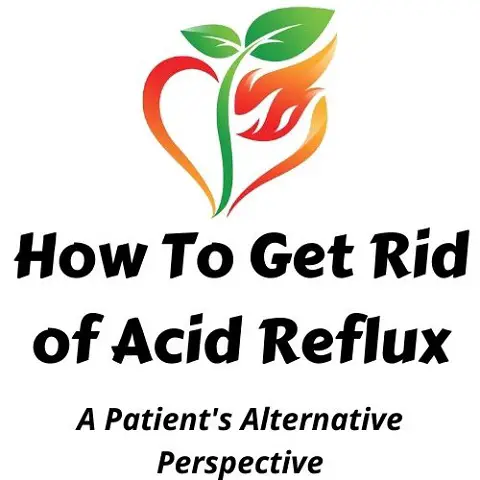Any links on this page that lead to products on Amazon and other companies may be affiliate links and we earn a commission if you make a qualifying purchase. Thanks in advance for your support!
The antidepressant drug amitriptylene (generic name Elavil), has worked miracles in relieving my heartburn symptoms. Read on to find out if it could help you.
Night time reflux? Read how to avoid it here
Night time reflux? We may have the solution here…
It comes from a family of drugs called tricyclic antidepressants which have been in use since the 1950’s. In olden days they were also prescribed for bedwetting, so I should be ok in that department too…
And I’m not the only one, by far. The following was taken from a Q & A website (ref 1)
“My friend is reflux free now that she is on depression medication, and the change was immediate. She has had major reflux and excess acid problems for over 15 years and the last year had reflux problems even after drinking water. She’s taken most of the reflux medications out there until the doctor pressed her to take depression medicine.”
Read on below…
Heartburn & Tricyclic Antidepressants
Some antidepressants such as tricyclic antidepressants have anticholinergic and antihistamine-like effects, altering nervous system stimulation of the acid-secreting cells of the stomach, and these effects may reduce gastric acid production.
They are also used as a pain modulator, and decrease the sensitivity of the esophagus to pain.
Does Alkaline water help with reflux? Find out here
Other types of antidepressants have various direct gastrointestinal side effects. Serotonin reuptake inhibitors (such as fluoxetine, sertraline, citalopram, and paroxetine) may increase gut motility a little bit, and improved emptying of the stomach may reduce the tendency to reflux.
This class of drug is sometimes prescribed when PPI’s (Proton pump inhibitors), the strongest acid-reducing medications available, are ineffective in controlling the symptoms of heartburn and acid reflux. But are these safe? You could try a Mediterranean diet instead.
Side Effects of Tricyclic Antidepressants
Like all drugs, they have their side effects; in my case it was only one of the more common ones – a feeling of moderate tiredness for about 24 hours after first taking it. This effect gradually wears off after a few days, though other users have experienced significant tiredness and grogginess.
Dosage for acid reflux purposes is low – mine was 10 mg a day.
Ironically, tricyclic antidepressants are often on the list of drugs which can cause acid reflux and heartburn, as they can relax the lower esophageal sphincter.
Non-Erosive Reflux Disease (NERD)
So, when are antidepressants prescribed in heartburn cases? Studies show up to one-half of Gastro esophageal reflux disease (GERD in the USA, or Gastro oesophageal reflux disease – GORD – in the UK) patients don’t get complete relief from PPIs, and most don’t have any evidence of acid erosion when doctors examine their esophagus with an endoscope. Gastroenterologists have dubbed this condition non-erosive reflux disease, or NERD.
More work is required to investigate why this occurs. Suspicions revolve around 3 areas:
- Reflux of bile, a digestive liquid which is produced in the liver
- Stress
- Hyper sensitive esophagus
Doctors have termed diagnoses where there is no evident acid reflux on testing – but there is reflux pain – as functional heartburn – ie there is no evident explanation for it. Indications are that up to 50 % of functional heartburn cases are due to a hyper sensitive esophagus.
Conclusion
So what’s the takeaway from this? I’d say discuss this with your doctor to see if anti depressants may be appropriate in your situation. If you’ve taken them, please share your experiences below.

Leave a Reply